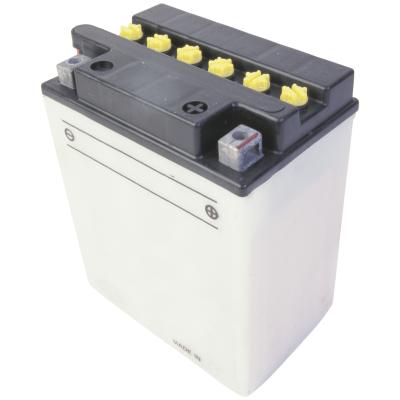
It can be a mystery that you need to solve if you don’t know what is draining your battery, especially after verifying that the alternator and starter are good. It is completely normal for batteries to slowly discharge while sitting in a car – so a battery that is on its last legs may discharge completely. Other battery problems usually have to do with accessories that may stay on even if the key is off.
Corrosion affects the ability of the battery to accept a charge and can, depending on where it is found, create a drain on the battery. Keep battery posts and terminals clean and confirm that all wires to and from the battery are unbroken and free of corrosion.
Aftermarket radios, added subwoofers or GPS devices are among the devices that may operate without the key being on. If you don’t get into the habit of turning off these devices before turning off the vehicle, you may find that your battery is constantly discharging. Many of the advanced electronics also have a standby mode, which puts a small drain on the battery. While this shouldn’t be a problem for a healthy battery, a battery that is losing its ability to retain a charge will definitely be impacted by even the slightest voltage drain.
Aftermarket alarm systems are another potential battery drain. Any accessory that hooks up to the battery directly, bypassing the vehicle’s ignition system, can cause a drain on the battery if it’s engaged and you’re unaware of it. This can include any remote devices used to open the vehicle. If a remote button stays engaged, it puts a drain on the battery system.
Some people don’t realize that if you don’t firmly shut a car door, the dome light switch can stay engaged and drain a battery overnight. While a door switch may seem inconsequential, other electrical systems may be tied to it and these systems can multiply the drain on the battery.
Bad grounds or electrical shorts also can cause current drains. Check the fuse box for any blown fuses. A blown fuse can be an indication of a short in that system. Use a digital multimeter to identify the short or current drain. Follow the manufacturer’s recommendations for finding electrical shorts or current drains, as using the wrong testing method can lead to incorrect diagnoses.